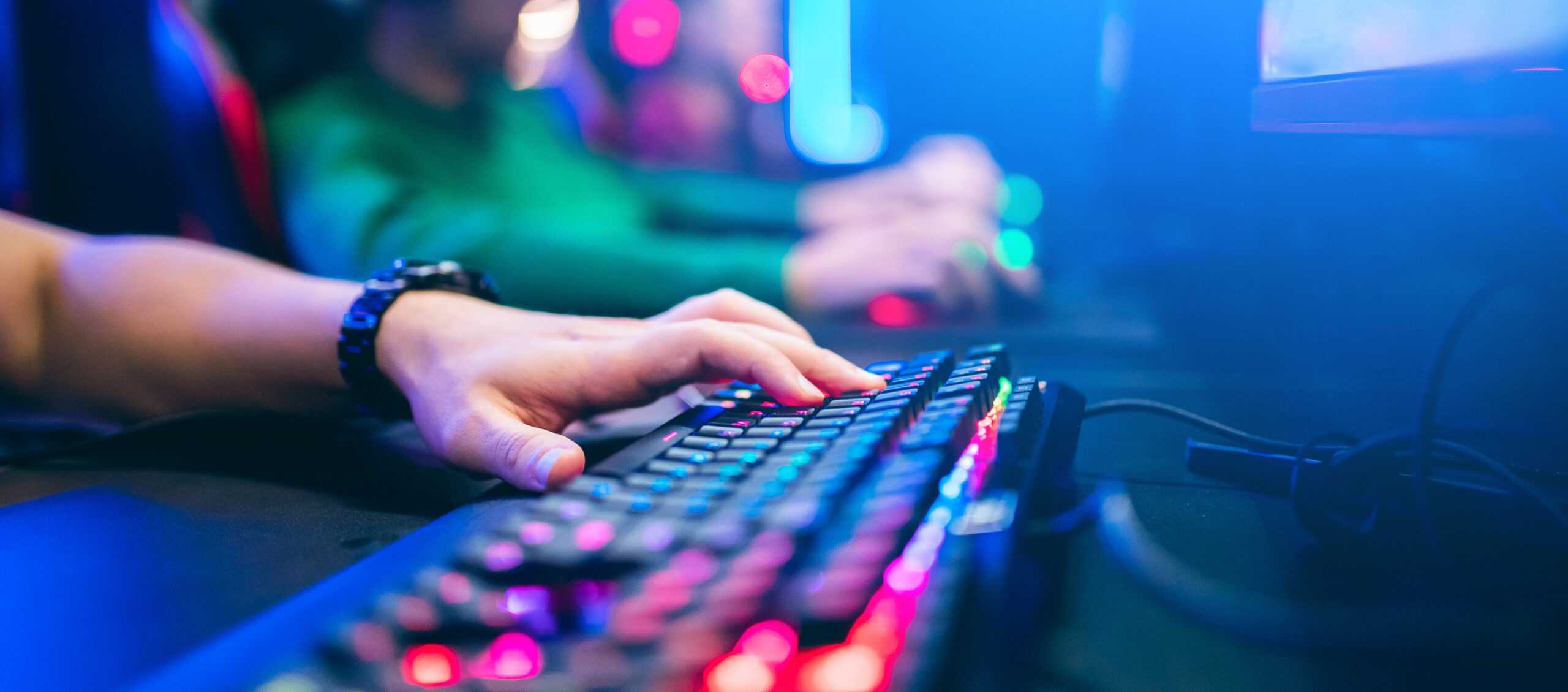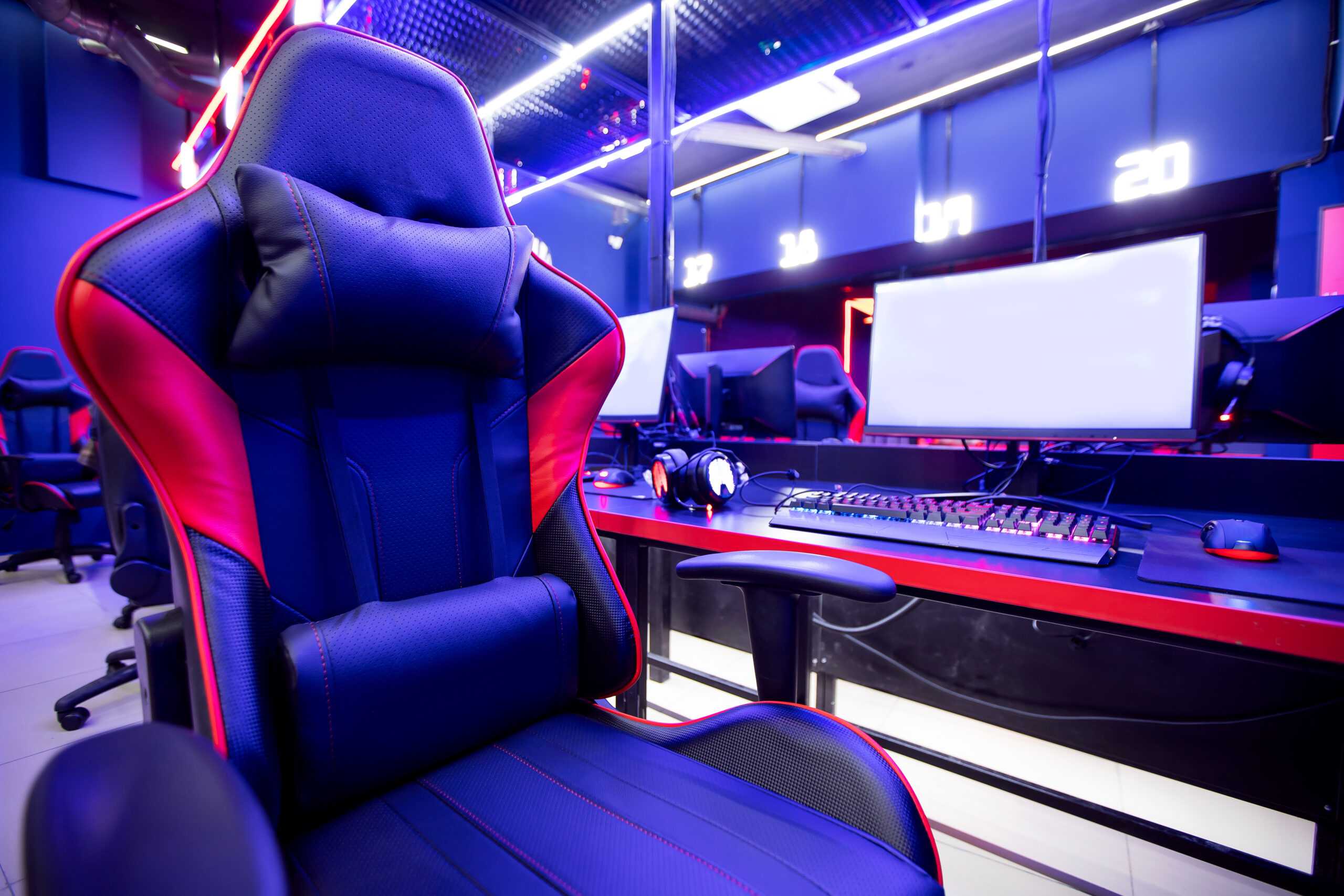As the birthplace of Nintendo, Sega, and PlayStation, Japan’s gaming pedigree is second to none, and yet its esports footprint still doesn’t match up with Asian esports juggernauts China and South Korea, where games like League of Legends and StarCraft reign supreme. That said, the fighting game community has always been strong in the Land of the Rising Sun, and other esports outside the fighting genre, such as Apex Legends and Rainbow Six Siege, have been gaining momentum.
As noted by Esports Insider, domestic esports orgs like SCARZ and Zeta Division have raised Japan’s esports profile, while bigger orgs like TSM FTX recently expanded to Japan because of Apex Legends’ success. Most recently, UK-based Fnatic acquired a Rainbow Six Siege team in Japan so that it can compete in the Japan League 2022.
According to Daniel Cao, Head of Operations for Fnatic Asia, the esports market in Japan has seen growing awareness, and the org believes there’s considerable room for expansion. Fnatic claims that over 6.9 million people attended esports events in Japan in 2020, which was an increase of 42 percent from 2019. Cao believes that Japan’s esports market will grow another 250 percent by 2023. Fnatic’s $17 million funding round in 2021 was led by Japanese conglomerate Marubeni Corporation, and with the help of that investment, Fnatic is aiming to garner 1 billion fans in Japan alone.
“[We’ve] grown over 400 percent already across our Fnatic Japanese social accounts, and there will be more growth to come this year from Japan-based creator signings and our Network streaming roster,” Cao told Esports Insider. “We would like to build meaningful partnerships with Japanese companies by utilizing our global strengths and experience as one of the world’s leading esports brands.”
While the APAC region is incredibly strong for the esports industry, it remains to be seen how far Japan’s gaming stature will take it. Interpret’s New Media Measure: Global Profiles™ shows that the volume of esports consumed on a weekly basis among esports fans in Japan is higher than in Indonesia, but it trails India, South Korea, and China. Chinese fans spend nearly 5 hours weekly watching esports online compared to Japanese fans who spend a little over 3 hours weekly.






